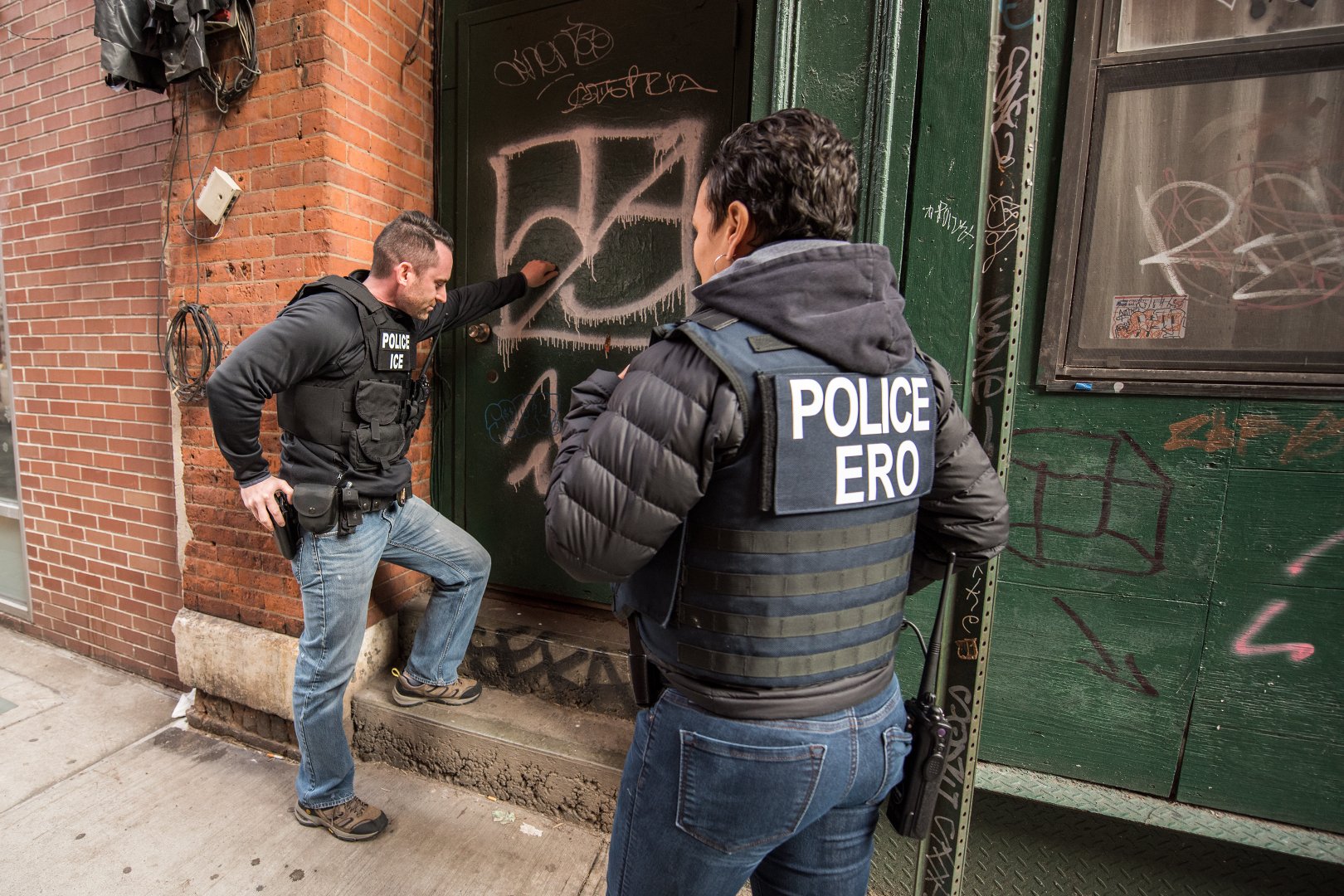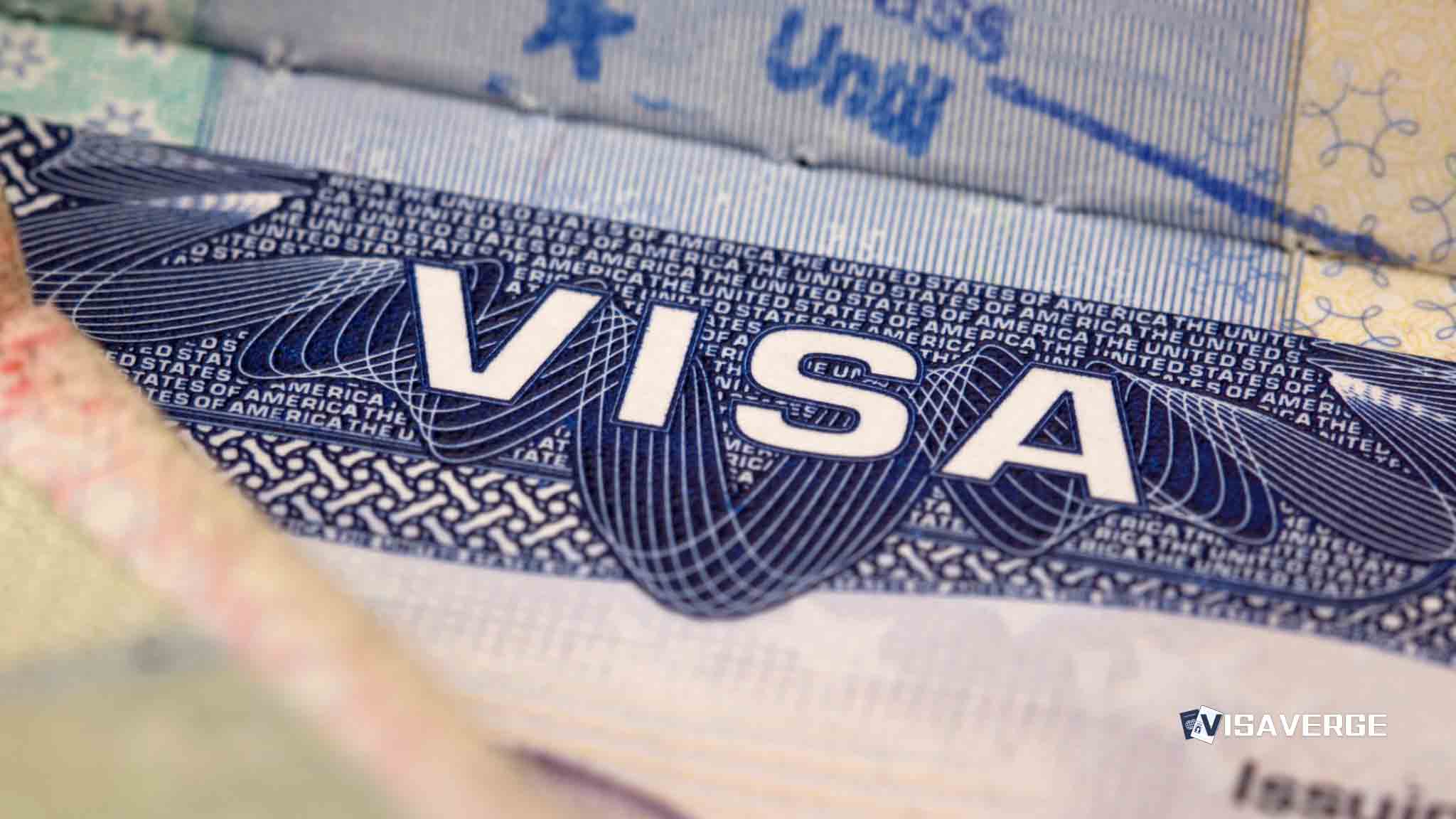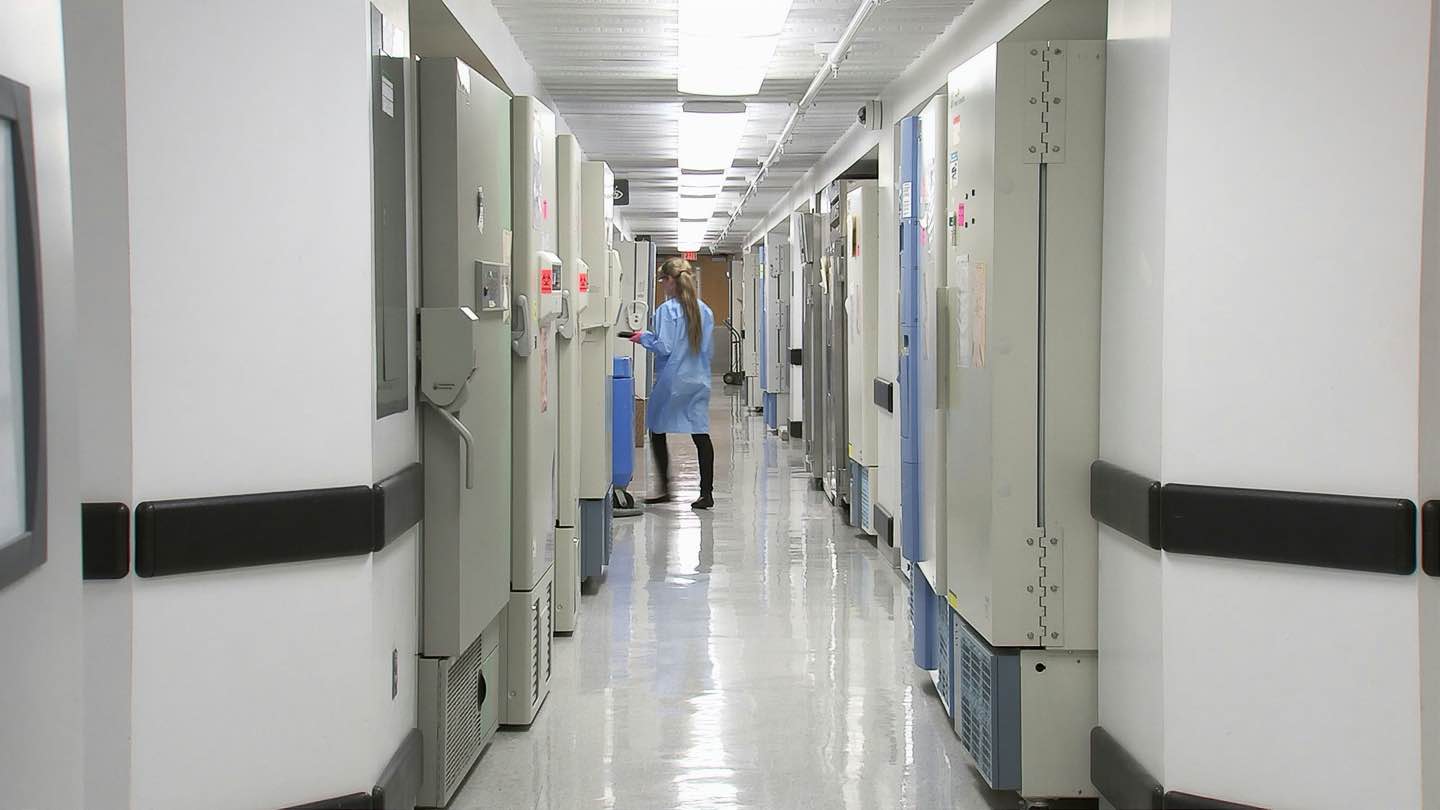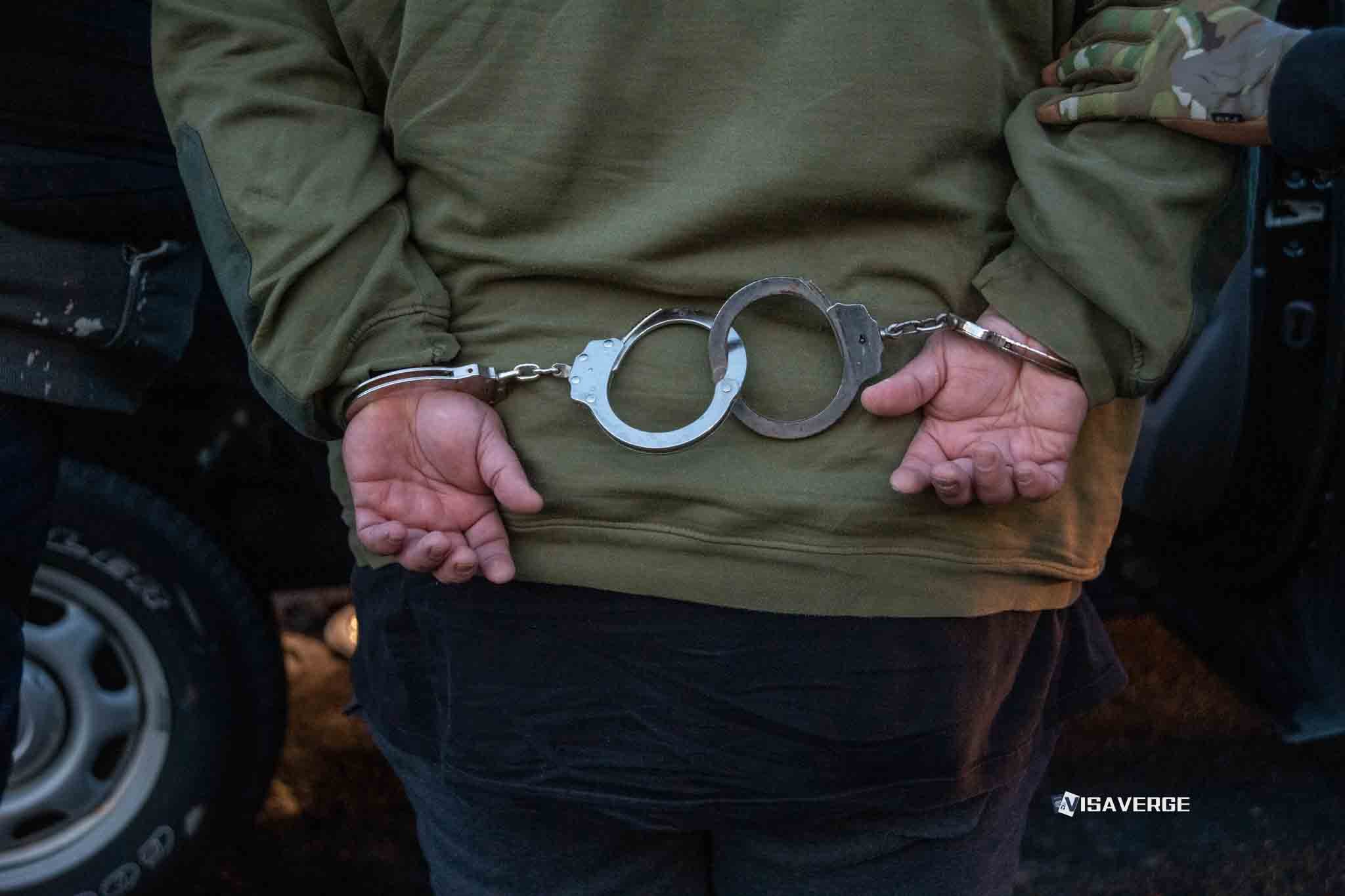(MANITOWOC COUNTY, WISCONSIN) Federal agents arrested 24 people in a sweeping operation on September 25, 2025, targeting what authorities describe as a tight network tied to human trafficking and drug trafficking in Manitowoc County. ICE officials said the arrests focused on “some of the worst of the worst,” and emphasized that many victims were children. The FBI said nine of those detained are suspected of sexual assault and human trafficking of children. While the arrests were initially reported as 21, ICE later confirmed the total was 24.
The operation involved U.S. Immigration and Customs Enforcement (ICE), the FBI, and local law enforcement. Authorities call this one of the most consequential sets of ICE arrests in this region in recent years.

Available information and community concern
Authorities have released limited information so far. ICE has named six of the 24 people arrested and shared partial criminal histories, but the agency has not provided updates on the status or current location of the other 18. The FBI has not added further details on the nine suspects tied to sexual assault and child trafficking beyond confirming their suspected offenses.
This partial disclosure has raised concerns among residents and advocates who are pressing for more clarity as families, employers, and community organizations try to assess the immediate impact in Manitowoc County.
Enforcement goals and federal framing
ICE leaders framed the arrests as a direct strike against transnational criminal organizations and their local enablers. Officials said the operation aimed to:
- Reduce harm to children
- Disrupt trafficking circuits that move people, narcotics, and money through rural corridors
- Target individuals who pose an ongoing safety risk
Assistant Secretary Tricia McLaughlin emphasized the administration’s public focus on crimes against children and linked the Manitowoc County arrests to a broader, child-centered enforcement strategy.
Impact on the agricultural workforce and local economy
Manitowoc County is in one of Wisconsin’s major dairy regions, and arrests reached into the agricultural workforce. Local accounts suggest farm workers were among those detained, though officials have not released an employment or family breakdown.
Community impacts include:
- Farms struggling with sudden labor gaps that can ripple through herds and supply chains
- Families uncertain whether relatives have been detained and where they are held
- Children missing parents at home and schools monitoring for distress
Local leaders report increased calls from families seeking information and help.
The six named arrestees (ICE disclosures)
ICE described all six named individuals as “criminal illegal aliens.” Their partial records, as provided by ICE, include prior deportations, convictions, and pending charges:
- Jose Hilario Moreno Portillo (Honduras) — removed from the U.S. in 2020; arrested in May 2025 for sexual assault of a child; preliminary hearing set for October 16, 2025.
- Abraham Maldanado Almanza (Mexico) — convicted of identity theft; no Wisconsin court cases found.
- Roel Francisco Monroy Orellana (Honduras) — convicted of hit and run and four traffic offenses; no Wisconsin court cases found.
- Darvin Uriel Villavicencio (Nicaragua) — convicted of disorderly conduct and two traffic offenses; citation cases appear in Manitowoc County.
- Erlin Joel Villavicencio (Nicaragua) — convicted of two DUIs; pending failure-to-appear charge; a misdemeanor case pending.
- Christian Naun Diaz-Alfaro (Honduras) — convicted of possession of narcotic equipment and DUI; a misdemeanor OWI case pending.
These profiles do not account for the 18 others, whose locations and case statuses remain undisclosed.
Information gaps and effects on families
ICE has not said whether the remaining detainees are in local, federal, or private detention facilities, or whether any have been transferred outside Wisconsin. Agents say information sharing is limited while active leads are pursued.
Consequences of this uncertainty:
- Families struggle to locate detained relatives and secure legal counsel
- Children may miss medical appointments or school services
- Employers cannot confirm whether a worker will return or how to process final paychecks
- Advocates request a public list of detainees, custody locations, and contact instructions; these requests remain unanswered
Multi-agency operations and investigative tactics
The operation reflects a trend toward multi-agency deployments that combine immigration enforcement with broader criminal probes. Key features:
- ICE, FBI, and local officers used shared databases and coordinated arrests
- Investigators often apply layered charges (immigration violations, fraud, narcotics offenses, exploitation of minors) to secure custody while larger trafficking cases proceed
- The Department of Homeland Security says these joint teams aim to cut through jurisdictional silos and act quickly when child victims are at risk
For official context on federal approaches to these crimes, see: ICE Human Trafficking.
Related cases and broader patterns
This is not the first Wisconsin case linking immigration violations and organized crime. Earlier in 2025, a separate Kenosha County investigation arrested eight people tied to an interstate retail theft network with links to Cartel La Familia Michoacana. Authorities said proceeds funded narcotics, firearms, and human trafficking. That case shows how theft, drug money, and exploitation can reinforce one another across borders.
Balancing public safety and community stability
Officials and advocates face competing priorities:
- Law enforcement: removing alleged traffickers and drug distributors protects children and weakens criminal networks
- Advocates: ICE’s limited disclosures leave families in limbo, heighten fear among survivors and witnesses, and can destabilize farms and households that rely on immigrant labor
School staff are watching for signs of distress among students who may suddenly lose a caregiver. Church leaders and social services are organizing supports such as drivers, translators, and resources for families.
Operational priorities and unknown legal steps
ICE’s stated priorities as of late 2025 focus on people with criminal convictions or suspected ties to transnational organizations—especially those who exploit children. Typical outcomes for those without lawful status include detention pending immigration proceedings and potential removal.
Unanswered legal questions include:
- Whether any of the 24 were placed in expedited removal
- Whether Notices to Appear in immigration court were issued
- Whether any detainees were transferred for state or federal criminal prosecution
Without these specifics, families, attorneys, and employers cannot easily plan next steps.
Practical advice for families, employers, and service providers
Attorneys and service providers recommend gathering and preserving documents and information:
- Collect key documents:
- Birth certificates for children
- School records and medical cards
- Record arrest details:
- Date, time, and location of any arrest (helps trace custody later)
- Prepare a family plan:
- Keep copies of IDs in a safe folder
- List emergency contacts
- Designate a trusted adult to pick up children from school
Employers in the county are taking immediate measures such as rotating shifts and partnering with local groups to provide rides. Food banks and churches are preparing for increased need.
Rural challenges and trafficking routes
Policy analysts note recurring challenges for rural counties:
- Fewer legal aid resources and weaker transportation networks increase pressure on families
- Dairy regions’ long shifts and thin bus routes make short-term detentions highly disruptive
- Traffickers may exploit rural routes and day labor hiring practices to hide victims and coerce workers
Investigators emphasize front-line signs of child exploitation (sudden behavior changes, unexplained injuries, adults controlling documents) and urge residents to report concerns.
Community demands and recommendations
Community advocates are calling for:
- A central hotline to confirm custody status
- Regular briefings on the number of people detained locally and those transferred
- Clear instructions for families to arrange calls or legal counsel
- Coordinated wraparound services for child victims (language-appropriate counseling, school support, medical care)
Law enforcement asserts coordination and a victim-centered approach, but the public will evaluate those claims based on upcoming actions.
What’s next: investigations and possible future actions
ICE and the FBI say investigations often unfold over months or years. If devices or documents were recovered during the arrests, those could generate new leads, warrants, or arrests in other jurisdictions. That may explain the tight control on information about the remaining detainees.
For now, residents are watching for official updates and local court filings. Of the six named individuals, several have pending cases in Wisconsin courts, including the October 16, 2025 preliminary hearing for the defendant charged with sexual assault of a child.
Key takeaways and final points
Protect children, hold traffickers accountable, and provide families with clear, timely information so communities can plan and respond with dignity.
- The arrests are a major development, but not the end of the story; investigations will continue.
- Families and advocates seek clarity on custody locations and hearing dates to secure legal help and stabilize households.
- Residents are urged to report suspected child exploitation to local police or federal authorities and to watch for subtle warning signs in children.
The Manitowoc County operation highlights a national tension: the need to dismantle networks that harm children and traffic drugs, while ensuring that families, farms, and schools can function when arrests occur. The coming weeks will show how effectively agencies can protect victims, prosecute traffickers, and keep communities informed without compromising ongoing investigations.
This Article in a Nutshell
On September 25, 2025, ICE, the FBI and local partners conducted a coordinated operation in Manitowoc County, Wisconsin, resulting in 24 arrests tied to human trafficking and drug trafficking. Authorities identified nine suspects believed to be involved in sexual assault and child trafficking and publicly named six arrestees with prior convictions or pending charges; locations and statuses of the other 18 remain undisclosed. The operation targeted transnational criminal networks and aimed to protect children, disrupt trafficking circuits, and remove individuals who pose safety risks. The arrests affected the agricultural workforce, causing sudden labor gaps and community anxiety as families seek information. Investigations are ongoing, with potential additional charges, transfers, and court proceedings expected. Advocates call for greater transparency, a centralized hotline, and services for affected families, while officials emphasize victim-centered approaches amid multi-agency tactics that use layered charges to preserve investigative leads.













